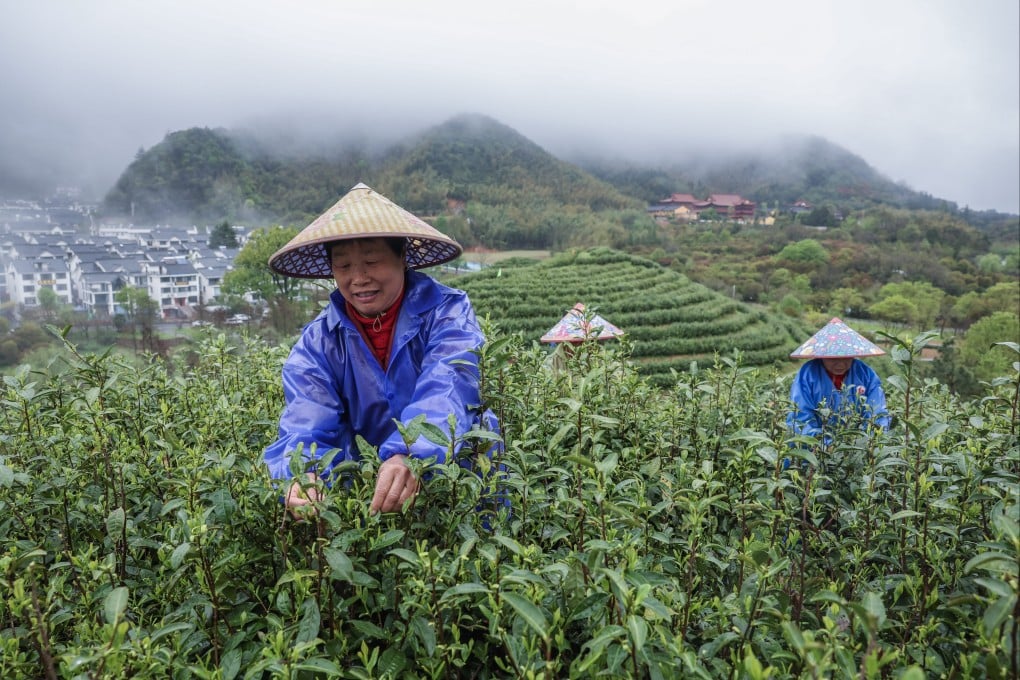China’s new urbanisation plan aims to energise economy, but is it ‘rash and impetuous’?
- A five-year undertaking could see 70 per cent of all Chinese settled in large cities, with newly granted urban-residency status and benefits

China has unveiled a five-year plan to ensure that 70 per cent of its population settles down in urban areas – a push that is believed to be aimed at unleashing new demand, but which has also raised questions about its ability to truly stimulate the economy.
Calling urbanisation “an important solution to expanding domestic demand and promoting industrial upgrades”, the plan encourages farmers to move to cities and promises them the same entitlements enjoyed by city dwellers – something millions of migrant workers have had little access to because of the hukou hindrance.
“This is the biggest piece of cake for the Chinese economy now, and it is also low-hanging fruit,” said Wang Huiyao, founder and president of the Beijing-based Centre for China and Globalisation think tank, who has been calling for reform in urban-rural integration for years.
Authorities might proceed with caution, depending on how well the policies work, but this is a step in the right direction
As of the end of last year, slightly more than 66 per cent of China’s 1.4 billion people lived in urban areas, but only 48.3 per cent had an urban hukou, according to official figures. This means there are hundreds of millions of people currently living in cities while being denied access to urban benefits.
